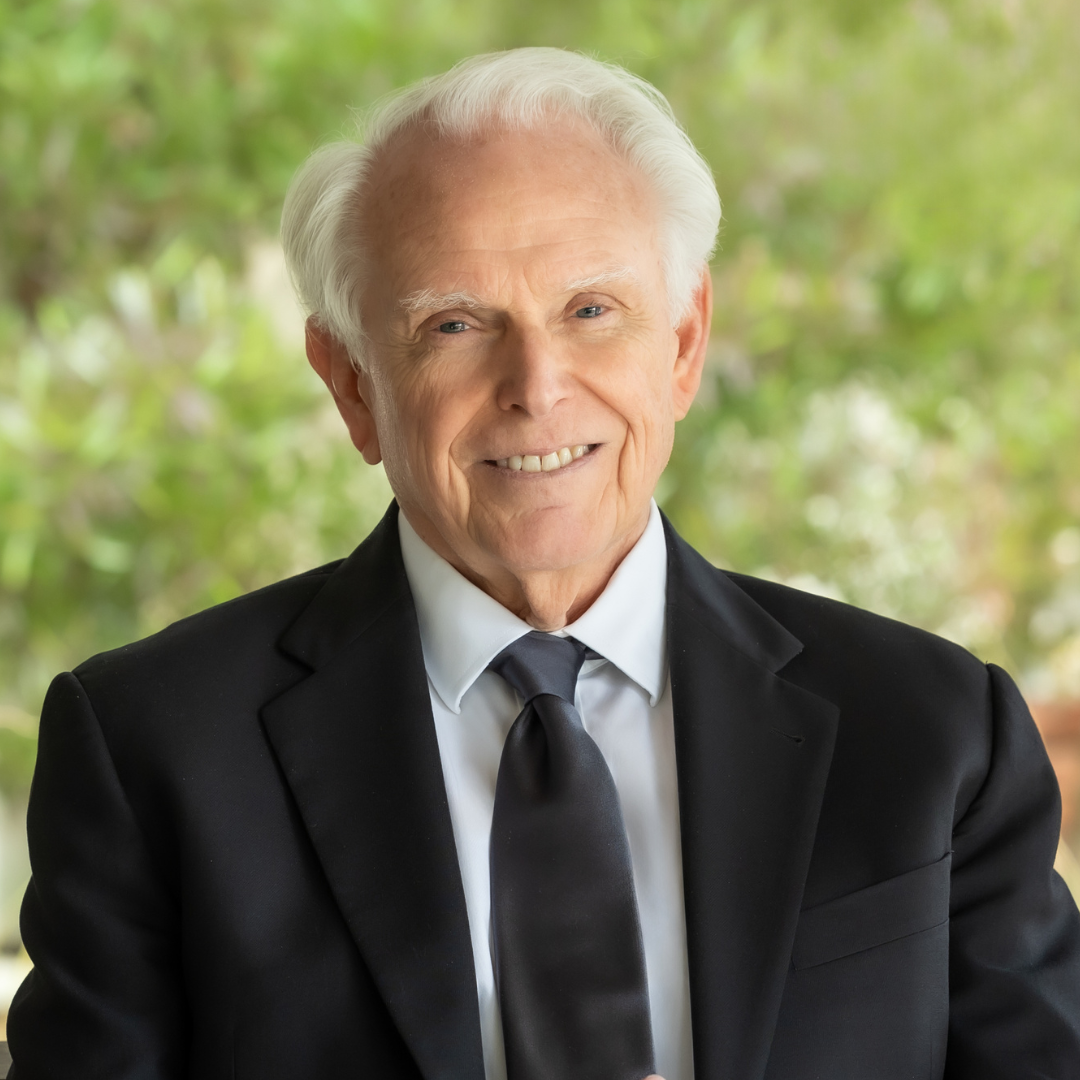-

William Mobley, MD, PhD
Center Director
William Mobley is associate dean of neurosciences initiatives and a Distinguished Professor of Neurosciences at UC San Diego School of Medicine. He serves as executive director of UC San Diego's Down Syndrome Center for Research and Treatment and holds the Florence Riford Chair of Alzheimer’s Disease Research. He came to UC San Diego in 2009 from Stanford University, where he served as the John E. Cahill Family Professor in the Department of Neurology and Neurological Sciences and was founding director of the Neuroscience Institute. Mobley’s research is focused on degenerative diseases of the central nervous system, especially Down syndrome and Alzheimer’s disease. He and his colleagues have for many years explored the hypothesis that deficient axonal transport of neurotrophic factor signals contribute importantly to the pathogenesis of neurodegeneration.
Mobley is past president of the Association of University Professors of Neurology; the Professors of Child Neurology and the International Society for Developmental Neuroscience. He is a Fellow of the Royal College of Physicians and the American Association for the Advancement of Science. He is a member of the National Academy of Medicine. He received both the Zenith Award and Temple Award from the Alzheimer's Association and the Cotzias Award from the American Academy of Neurology. In 2007, he received the Christian Pueschel Memorial Research Award, and in 2011 was honored with the International Sisley-Jérôme Lejeune Prize by the Jérôme Lejeune Foundation for his research contributions to Down syndrome and genetic intellectual disabilities. He was inducted into the Johns Hopkins University Society of Scholars in 2014. He currently serves as chair of the Science and Clinical Advisory Committee of the National Down Syndrome Society.
-

Hoda Soltani, PhD, MPH
Associate Director
Dr. Hoda Soltani is a distinguished scientist and leader with extensive expertise in public health, health research, and strategic project management. She earned her Ph.D. from the University of California, Davis, where her research at the USDA Western Human Nutrition Research Center explored the intersection of diet, physiological stress, and cardiometabolic health.
Dr. Soltani also holds a Master of Public Health (M.P.H.) from the University of Toronto and a Bachelor of Science (B.Sc.) in Human Ecology from the University of Western Ontario. Before joining the Sanford Institute for Empathy and Compassion, she served as a Study Director at the National Academies of Sciences, Engineering, and Medicine, where she led high-impact initiatives that informed national science and health policy. With more than a decade of experience spanning academia, government, public health, and industry, Dr. Soltani’s expertise in managing complex, multidisciplinary projects has positioned her as a trusted leader and collaborator across diverse sectors.
Dr. Soltani applies her research expertise as part of the Sanford Institute's Center for Research on Empathy and Compassion, where she provides strategic oversight to ensure that the Institute's programs are firmly grounded in rigorous research methodologies and driven by innovative approaches to improve empathy and compassion in medical education.Email: hsoltani@health.ucsd.edu
-

Cindy Chwa, MPH
Research Project Coordinator
Cindy Chwa is a dedicated public health researcher with a strong background in behavioral science, mental health, and community-based participatory research. She holds a Master of Public Health (M.P.H.) from the Harvard T.H. Chan School of Public Health and a Bachelor of Arts (B.A.) from the University of California, Irvine. Before joining the Sanford Institute, Cindy led and managed multiple digital mental health research initiatives at UC Irvine, where she also mentored undergraduate students. With over five years of experience spanning nonprofit organizations, NGOs, and academic institutions, she brings a collaborative, multidisciplinary approach to her work and is passionate about translating research into impactful, evidence-based interventions.
Email: cchwa@health.ucsd.edu